Have you ever wondered why your hair doesn’t keep growing forever? Perhaps you’ve imagined having hair as long as Rapunzel’s, but no matter how much time passes, it just seems to stop growing at a certain length. Well, there’s a fascinating science behind it! Let’s dive into why your hair behaves this way and what determines its length.

The Hair Growth Cycle
To understand why hair stops growing, we need to explore its life cycle. Hair grows in three stages:
- Anagen Phase (Growth Stage):
This is when your hair grows actively. For most people, this phase lasts anywhere from 2 to 6 years. The longer your anagen phase, the longer your hair can grow. However, genetics play a big role here. Some people have a naturally short anagen phase, meaning their hair doesn’t grow past a certain length.
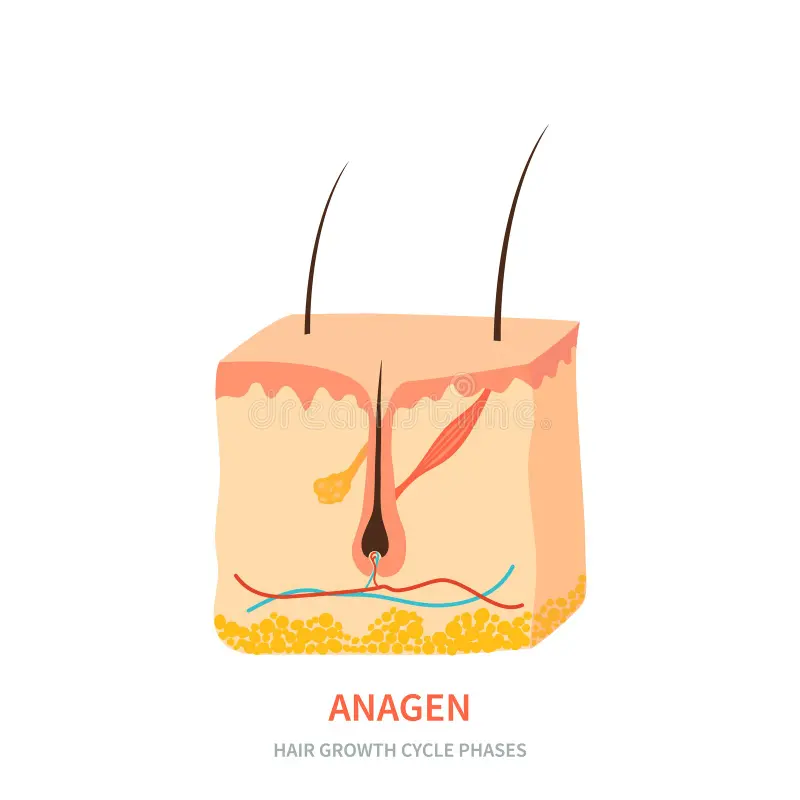
- Catagen Phase (Transition Stage):
This phase lasts only about two weeks. During it, hair growth stops, and the hair follicle shrinks.

- Telogen Phase (Resting Stage):
In this phase, which lasts about 3 to 4 months, the hair rests before falling out to make room for new hair.
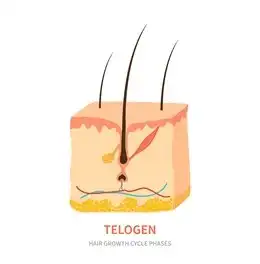
Once a hair strand completes this cycle, it sheds, and the follicle starts producing a new strand.
Why Does Hair Stop Growing?
1. Genetics – It’s in Your DNA
The length your hair can grow is largely determined by your genes. If you notice that your hair doesn’t grow past your shoulders or a certain point, it could simply be due to your family’s genetic blueprint.

2. The Role of Age
As you grow older, the anagen phase shortens. This means hair doesn’t grow as long or as fast as it did when you were younger. Additionally, hair may become thinner with age.
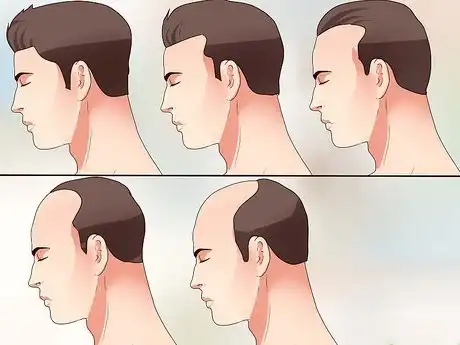
3. Hair Damage
While your hair might technically still be growing, split ends, and breakage can make it seem like it’s not. If hair is damaged from too much heat styling, chemical treatments, or rough brushing, it can break off before reaching its maximum length.

4. Hair Type Matters
Curly hair textures tend to grow more slowly and appear shorter because of their natural shape. Straight hair lies flat and shows its actual length, while curly hair spirals and coils, making it look shorter than it is.
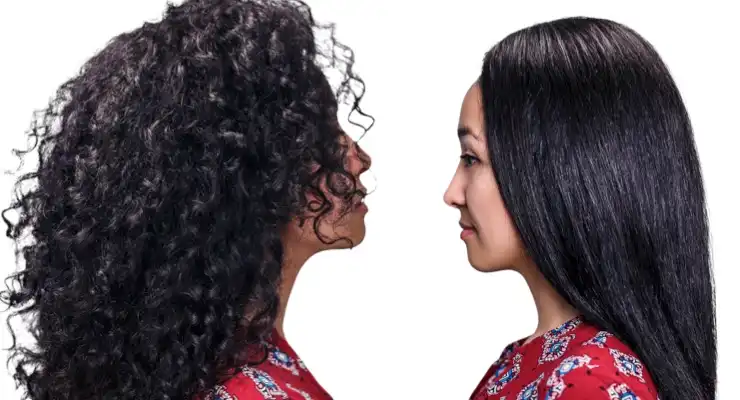
5. Nutrition and Health
Your hair’s health depends on your body’s overall health. Not getting enough vitamins, like biotin, iron, and vitamin D, can affect hair growth. Stress and illnesses like thyroid disorders can also slow down growth or lead to hair loss.
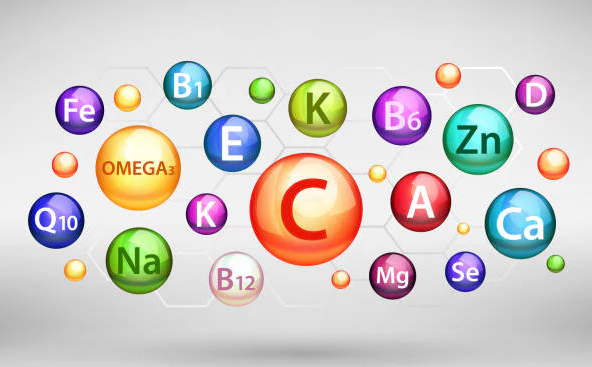
6. Scalp Conditions
A healthy scalp is essential for hair growth. Conditions like dandruff or clogged follicles can interfere with the growth cycle.
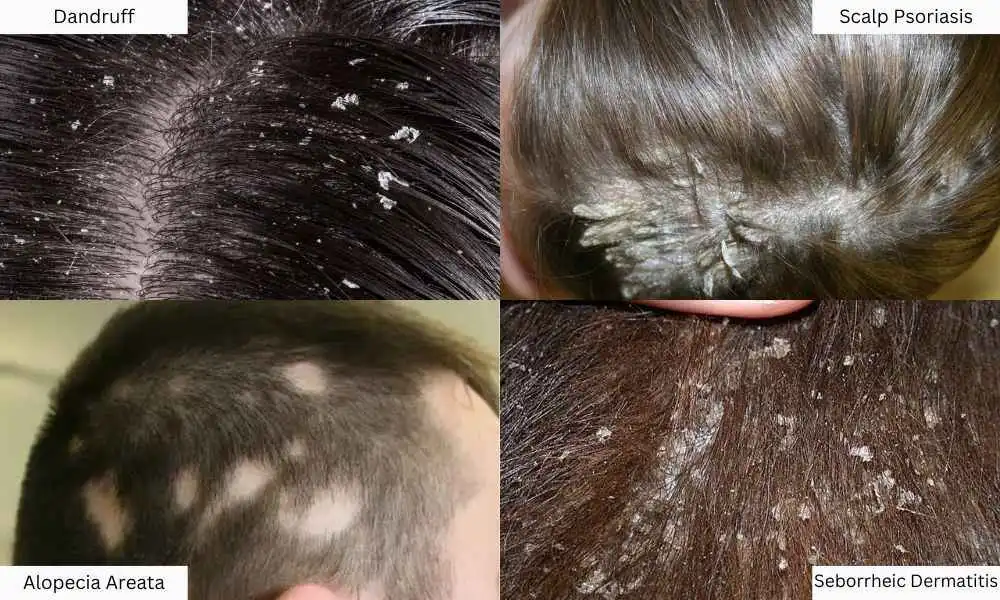
How to Maximise Your Hair’s Growth Potential
Even though genetics play a major role, there are things you can do to keep your hair growing as long as possible:
- Take Care of Your Scalp:
Treat your scalp like you would your skin. Keep it clean and moisturised to create a healthy environment for hair growth.
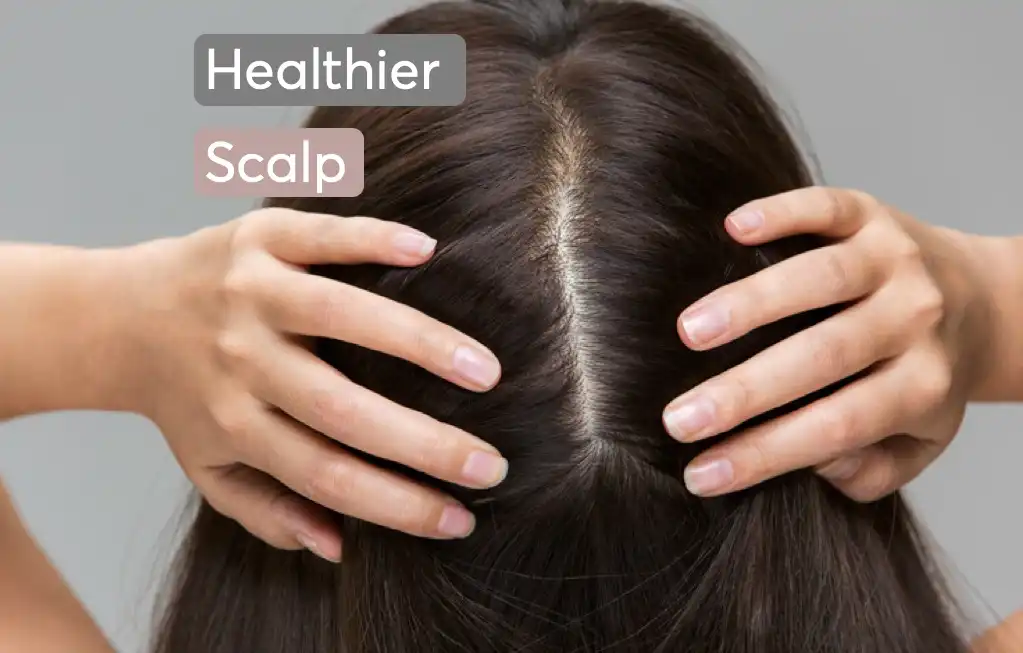
- Trim Regularly:
Getting regular trims helps prevent split ends from travelling up the hair shaft and causing more damage.
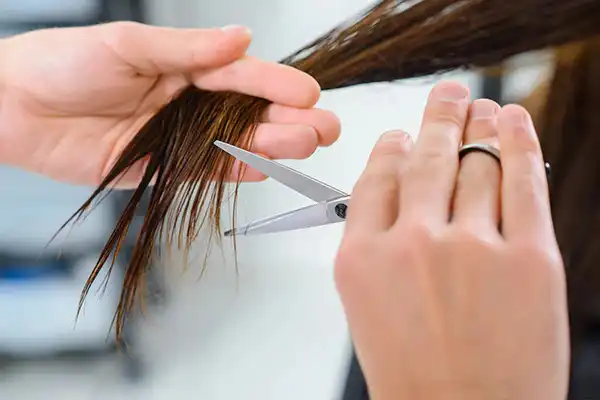
- Eat a Balanced Diet:
Foods rich in protein, vitamins, and healthy fats, like fish, eggs, nuts, and leafy greens, are great for hair health.

- Avoid Heat and Chemicals:
Minimise the use of hot tools like straighteners and curling irons. Also, avoid harsh chemical treatments that can weaken your hair.
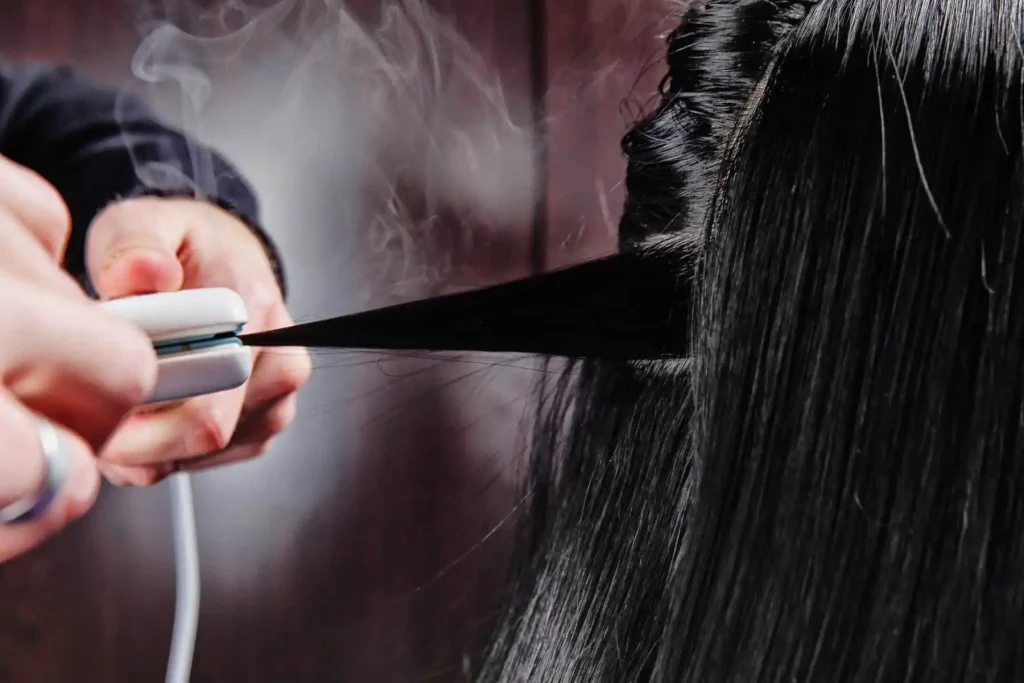
- Be Gentle:
Use a wide-toothed comb to detangle your hair, and avoid pulling or tugging when brushing.

Fun Facts About Hair Growth
- Longest Hair Ever: The world’s longest documented hair belongs to Xie Qiuping from China, whose hair measured over 5.6 metres (18 feet) long!

- Hair Growth Rate: On average, hair grows about 1.25 centimetres (0.5 inches) monthly, or roughly 15 centimetres (6 inches) a year.

- Number of Hair Strands: The average person has about 100,000 to 150,000 hair strands on their head!
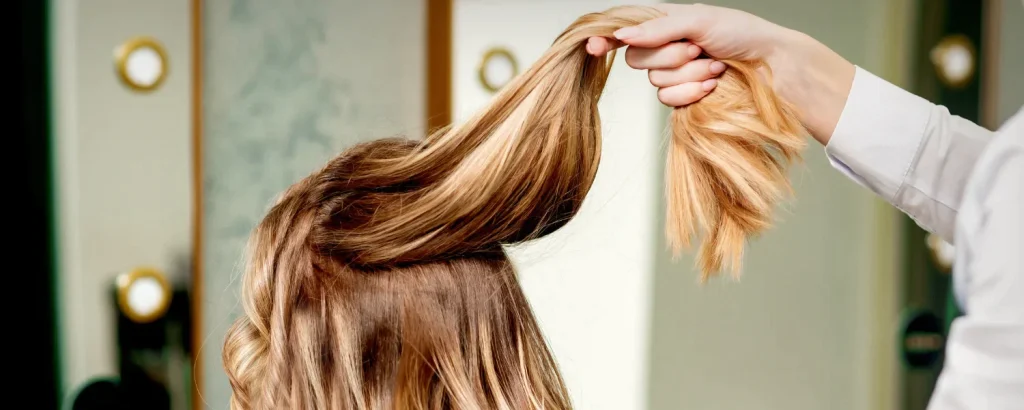
Can You Make Your Hair Grow Faster?
While you can’t change your genetic growth rate or hair cycle, you can support healthier growth with good habits. Using nourishing hair products, protecting your hair from harsh weather, and maintaining a healthy lifestyle can make a noticeable difference.
Conclusion
So, the next time you wonder why your hair isn’t growing as long as you’d like, remember that it’s all about the hair growth cycle, your genetics, and how well you care for it. Whether your hair is short, medium, or long, it’s unique to you and deserves the best care!
For more interesting articles, please visit www.kidzherald.com





